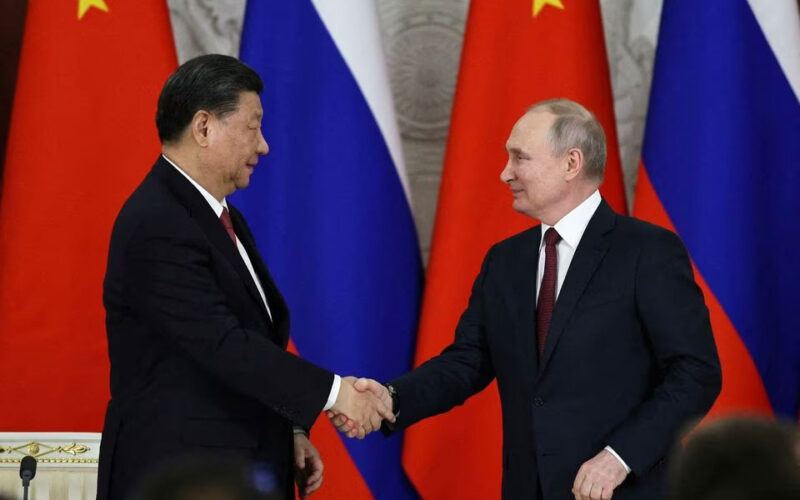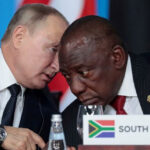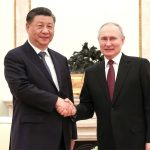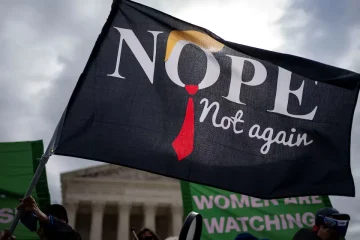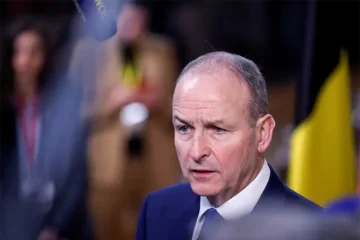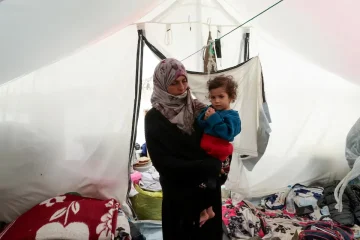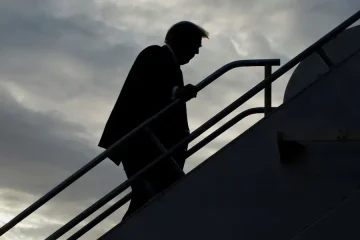RUSSIAN President Vladimir Putin will meet Xi Jinping in China this week in a bid to deepen a partnership forged between the United States’ two biggest strategic competitors.
Putin will attend the Belt and Road Forum in Beijing on October 17-18, his first trip outside the former Soviet Union since the Hague-based International Criminal Court issued a warrant for him in March over the deportation of children from Ukraine.
China and Russia declared a “no limits” partnership in February 2022 when Putin visited Beijing just days before he sent tens of thousands of troops into Ukraine, triggering the deadliest land war in Europe since World War Two.
The United States casts China as its biggest competitor and Russia as its biggest nation-state threat while U.S. President Joe Biden argues that this century will be defined by an existential contest between democracies and autocracies.
“Over the past decade, Xi has built with Putin’s Russia the most consequential undeclared alliance in the world,” Graham Allison, professor at Harvard University and a former assistant secretary of defense under Bill Clinton, told Reuters.
“The U.S. will have to come to grips with the inconvenient fact that a rapidly rising systemic rival and a revanchist one-dimensional superpower with the largest nuclear arsenal in the world are tightly aligned in opposing the USA.”
Biden has referred to Xi as a “dictator” and has said Putin is a “killer” and a leader who cannot remain in power. Beijing and Moscow have scolded Biden for those remarks.
Since the Ukraine war, Putin has mostly stayed within the former Soviet Union, though he visited Iran last year for talks with Supreme Leader Ayatollah Ali Khamenei.
‘NO LIMITS’?
Once the senior partner in the global Communist hierarchy, Russia three decades after the 1991 collapse of the Soviet Union is now considered a junior partner of a resurgent Communist China under Xi, China’s most powerful leader since Mao Zedong.
Putin and Xi share a broad world view, which sees the West as decadent and in decline just as China challenges U.S. supremacy in everything from quantum computing and synthetic biology to espionage and hard military power.
But Xi, who leads a $18 trillion economy, must balance close personal ties with Putin with the reality of dealing with the $27 trillion economy of the United States – still the world’s strongest military power, and the richest.
The United States has warned China against supplying Putin with weapons as Russia, a $2 trillion economy, battles Ukrainian forces backed by the United States and the European Union.
Alexander Gabuev, director of the Carnegie Russia Eurasia Center, said the optics of the Ukraine war made big public deals unlikely right now.
“Putin is definitely guest of honour,” Gabuev said, adding that military and nuclear cooperation would be discussed.
“At the same time I think China is not interested in signing any additional deals at least in public, because anything that can be portrayed as providing additional cash flow to Putin’s war chest and Putin’s war machine is not good at this point.”
Adding to the complexity of military cooperation is uncertainty over the fate of Defence Minister Li Shangfu, who has not been seen in public for more than six weeks.
The heads of Russian energy giants Gazprom and Rosneft, Alexei Miller and Igor Sechin, will join Putin’s retinue during his visit, sources familiar with the plans have told Reuters.
Russia wants to secure a deal to sell more natural gas to China and plans to build the Power of Siberia-2 pipeline, which would traverse Mongolia and have an annual capacity of 50 billion cubic metres (bcm).
It is unclear if the gas deal – particularly the price and the cost of building it – will be agreed.

